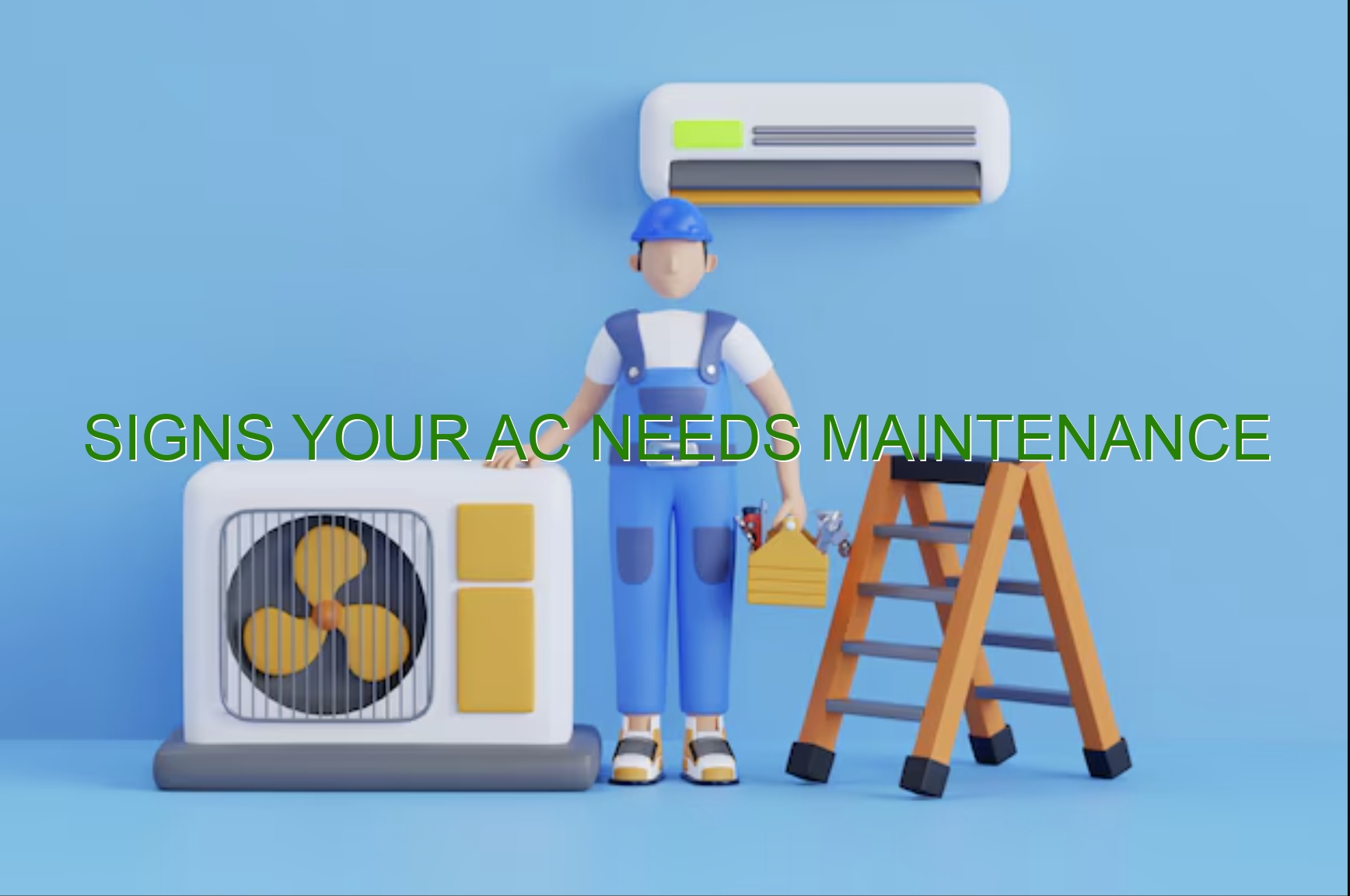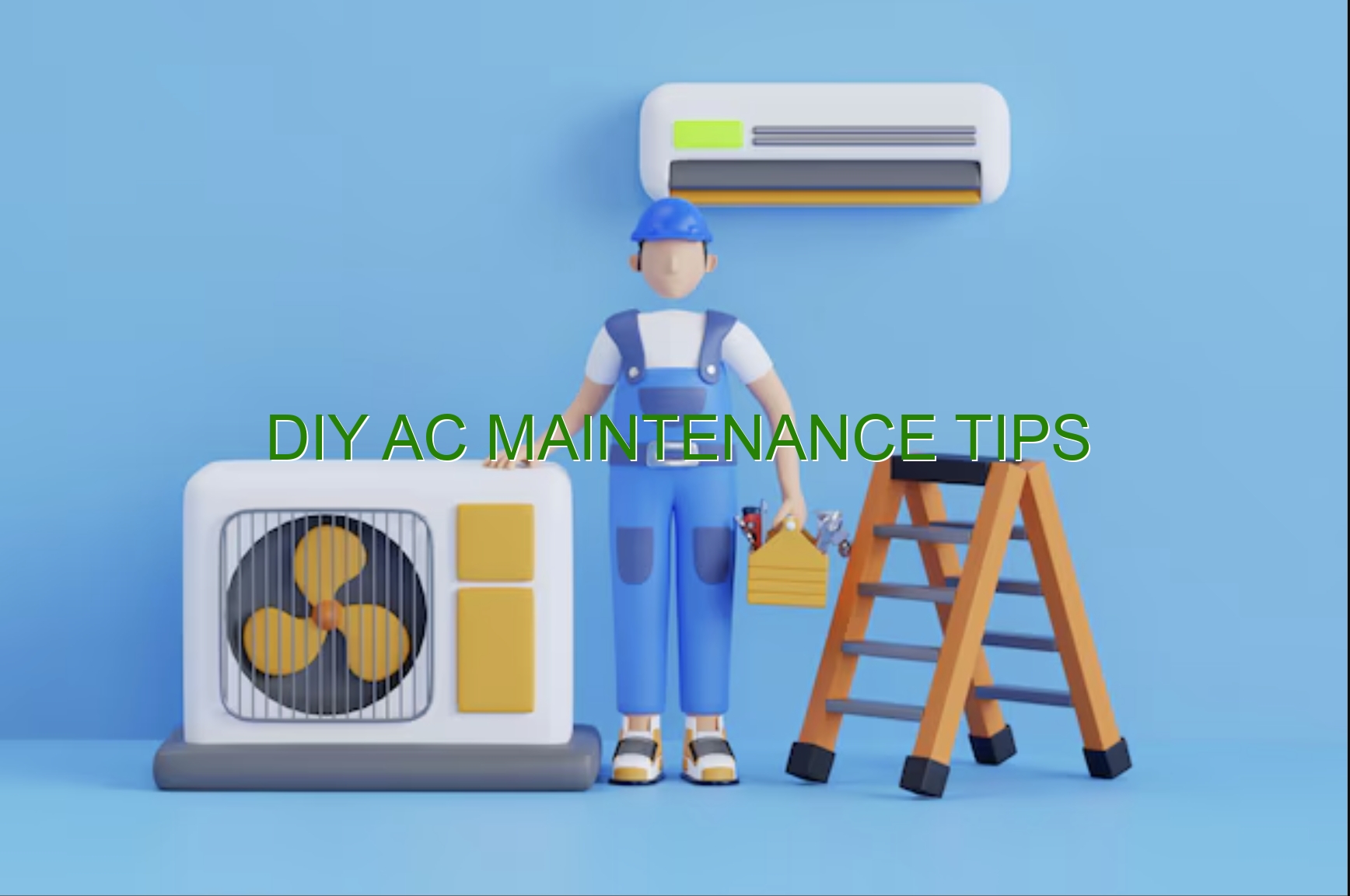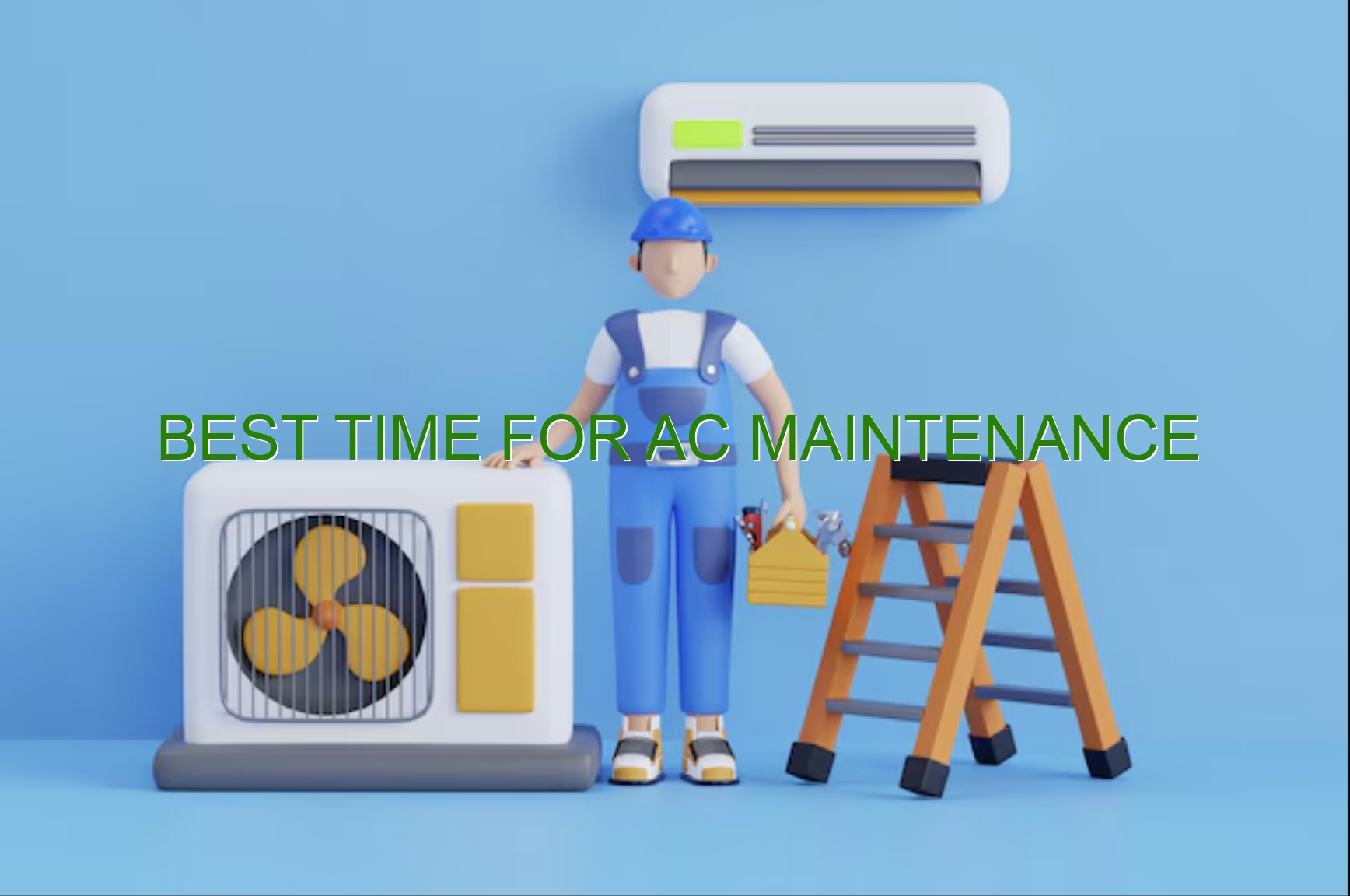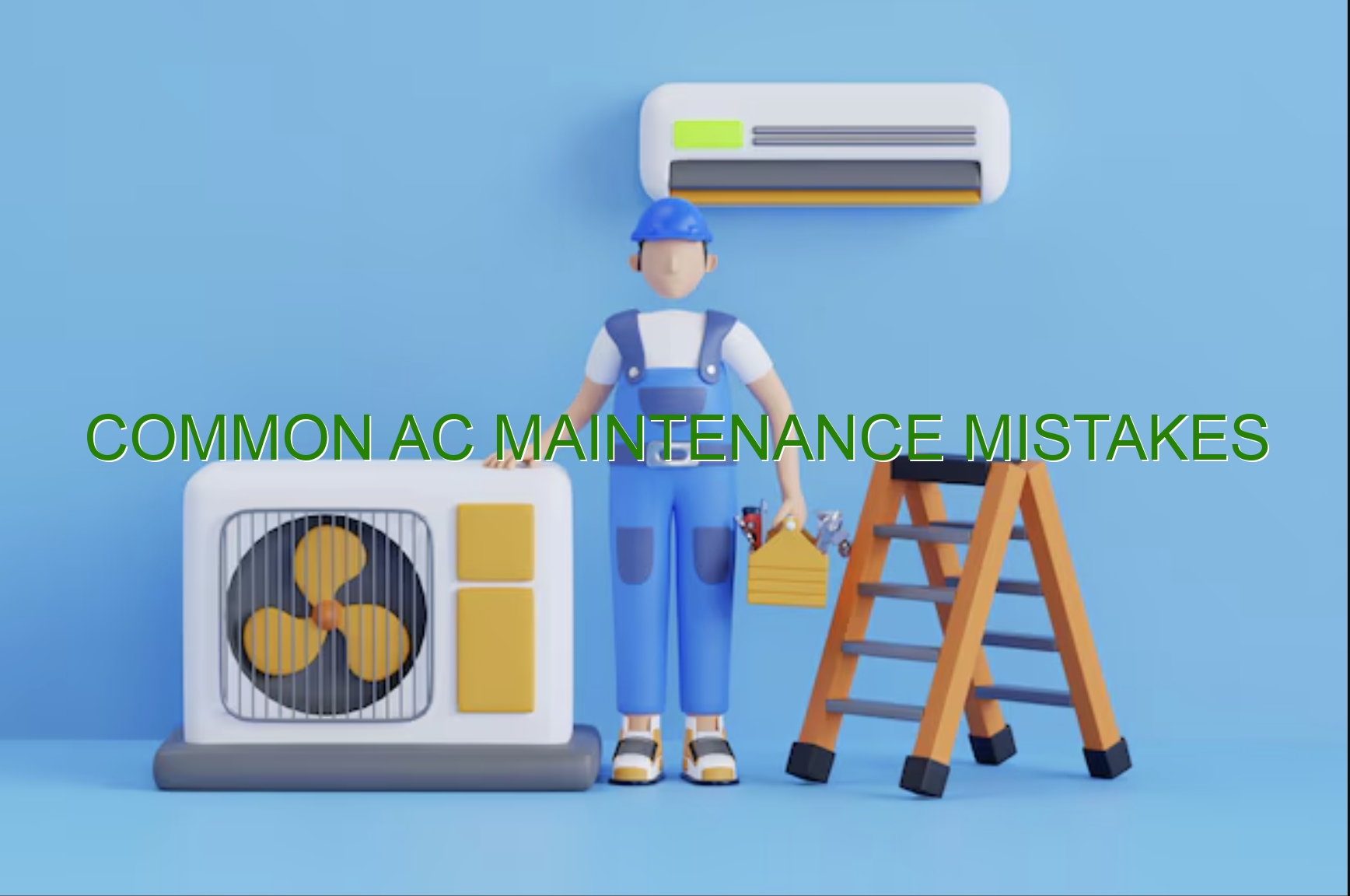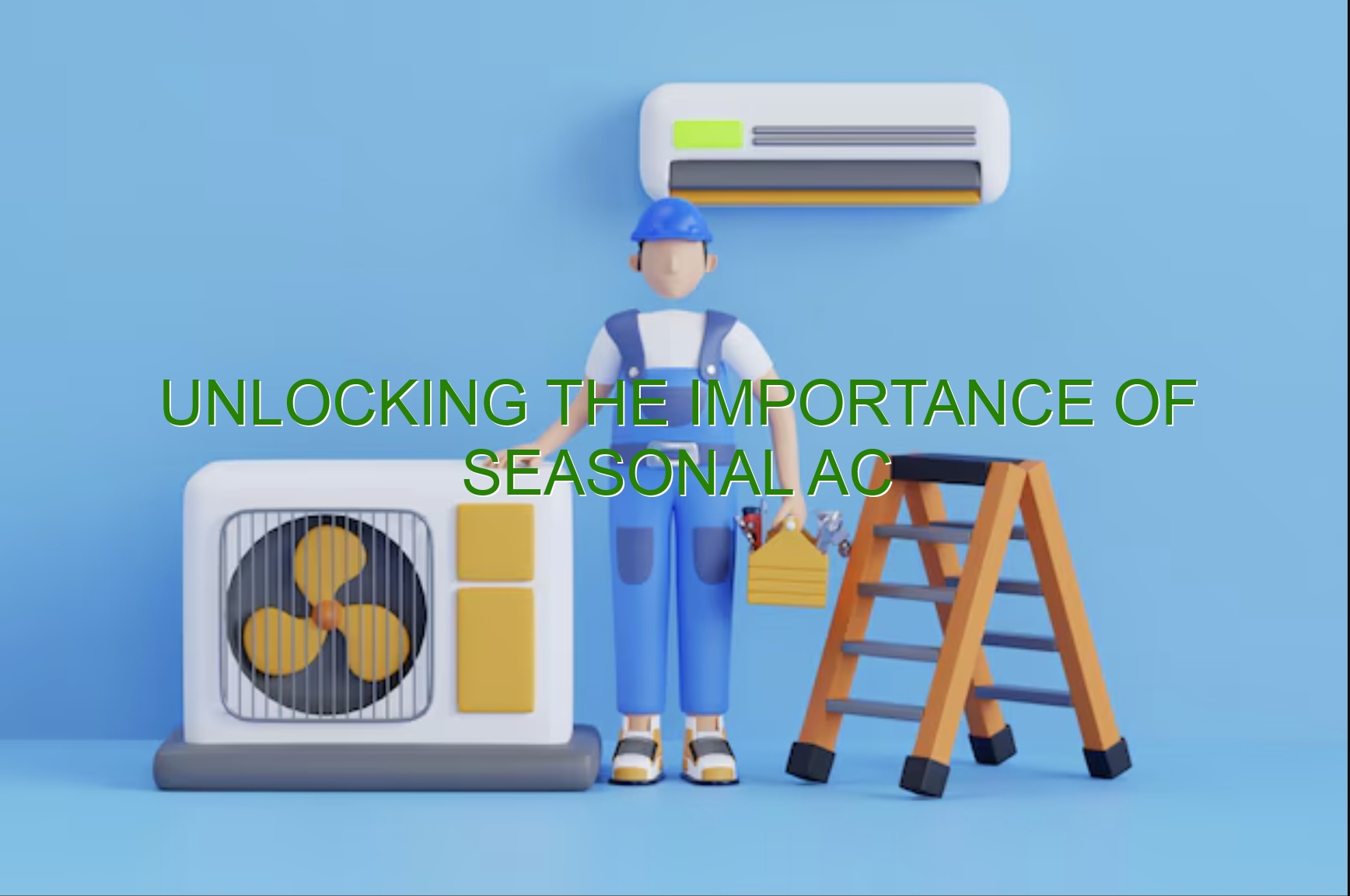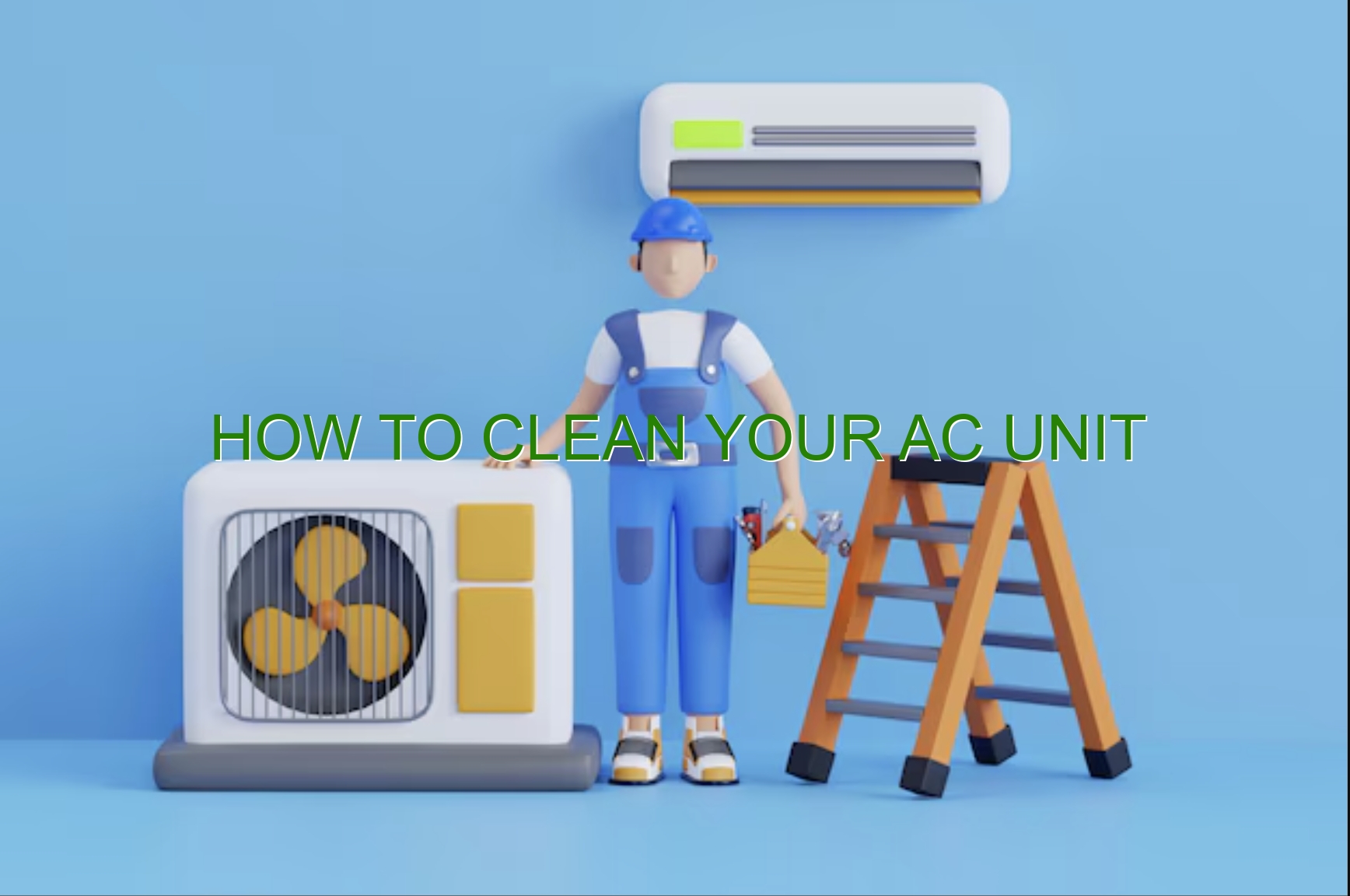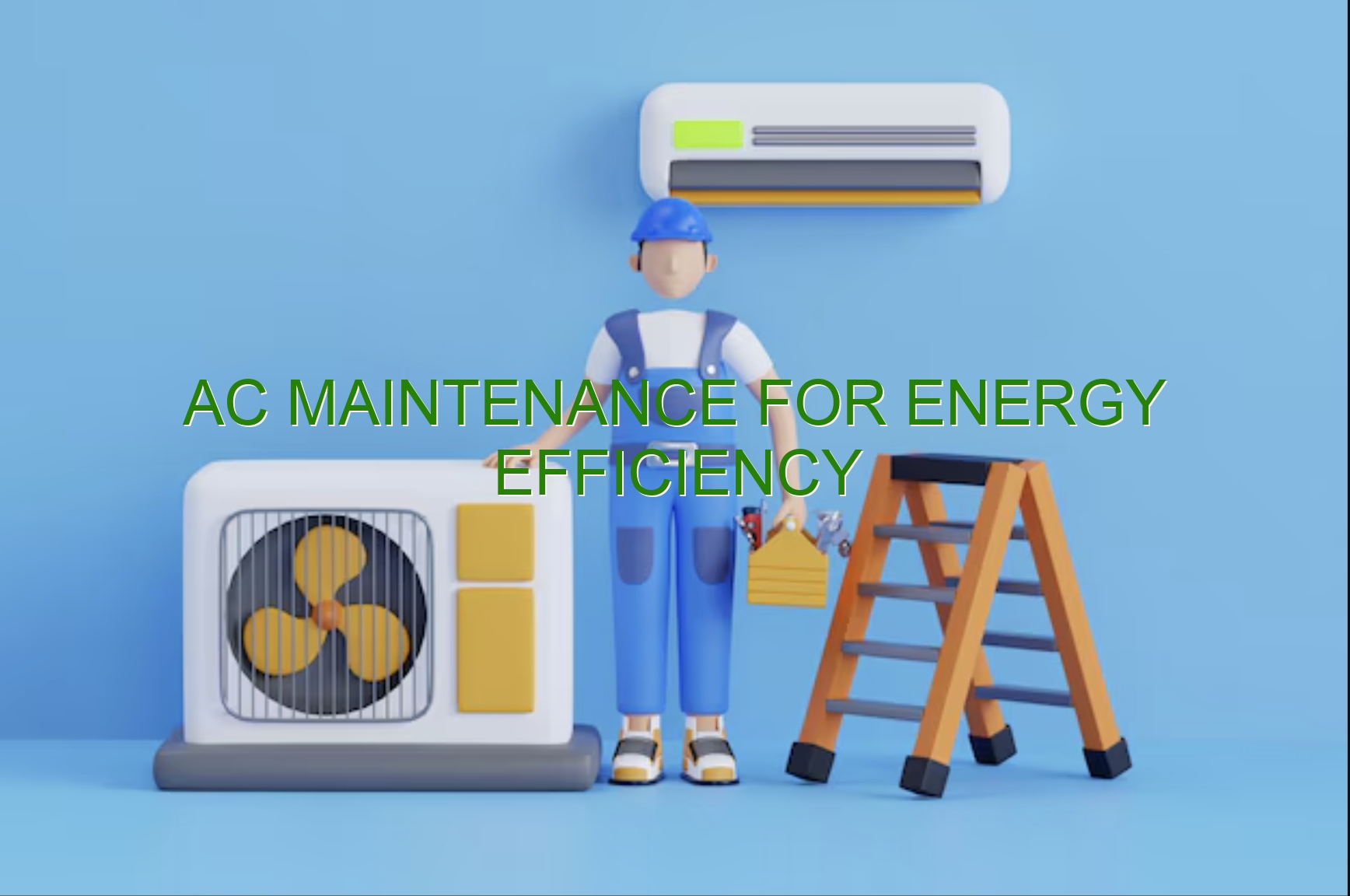
Maintaining your AC system, there are several key factors to consider. From cleaning and changing filters to checking for leaks and ensuring proper insulation, there are many steps you can take to ensure that your AC unit is running efficiently. By following a regular maintenance schedule, you can not only extend the life of your AC unit but also improve its energy efficiency.
One of the main benefits of regular AC maintenance is improved energy efficiency. When your AC unit is running efficiently, it consumes less energy to cool your home, which can lead to significant cost savings on your energy bills. In addition, a well-maintained AC system is less likely to break down, saving you the hassle and expense of emergency repairs.
However, there are also some drawbacks to consider when it comes to AC maintenance for energy efficiency. One of the main challenges is finding the time and resources to perform regular maintenance tasks. Many homeowners find it difficult to keep up with the recommended maintenance schedule, which can lead to decreased energy efficiency and increased energy costs.
Another potential downside of AC maintenance is the cost involved. While regular maintenance can help prevent costly repairs in the long run, there is a cost associated with hiring professional technicians or purchasing supplies for DIY maintenance tasks. Some homeowners may be hesitant to invest in maintenance upfront, even though it can lead to significant savings over time.
Despite these challenges, the benefits of AC maintenance for energy efficiency far outweigh the drawbacks. By taking proactive steps to maintain your AC system, you can enjoy lower energy bills, improved indoor air quality, and a more comfortable living environment. In the following sections, we will delve into the various aspects of AC maintenance and how it can help you achieve greater energy efficiency.
Strengths of AC Maintenance for Energy Efficiency
1. Improved Energy Efficiency: Regular maintenance can help your AC unit run more efficiently, reducing energy consumption and lowering your energy bills.
2. Extended Lifespan of Your AC System: By taking care of your AC unit, you can help it last longer and avoid the need for early replacement.
3. Enhanced Indoor Air Quality: Clean filters and coils can help improve the air quality in your home, reducing allergens and pollutants.
4. Prevent Costly Repairs: Regular maintenance can catch small issues before they become major problems, saving you money on emergency repairs.
5. Environmental Benefits: By reducing your energy consumption, you can also decrease your carbon footprint and contribute to a more sustainable environment.
6. Increased Comfort: A properly maintained AC system will provide more consistent and reliable cooling, keeping you comfortable year-round.
7. Peace of Mind: Knowing that your AC system is in good condition can give you peace of mind and confidence in its performance.
Weaknesses of AC Maintenance for Energy Efficiency
1. Time and Resources: Finding the time and resources to perform regular maintenance tasks can be challenging for busy homeowners.
2. Cost of Maintenance: There is a cost associated with hiring professional technicians or purchasing supplies for AC maintenance, which may deter some homeowners.
3. Lack of Knowledge: Some homeowners may not know how to properly maintain their AC systems, leading to inefficiencies and potential damage.
4. Inconvenience: Scheduling maintenance appointments or performing DIY tasks can be inconvenient for some homeowners, leading to procrastination.
5. Technological Advancements: Newer AC systems may have more complex maintenance requirements, making it difficult for homeowners to keep up.
6. Seasonal Changes: Different seasons may require different maintenance tasks, adding to the complexity of regular maintenance schedules.
7. Overlooking Maintenance: Some homeowners may neglect or forget to perform regular maintenance tasks, leading to decreased energy efficiency and potential breakdowns.
AC Maintenance for Energy Efficiency Table
| AC Maintenance Task | Recommended Frequency | Cost Range |
|---|---|---|
| Cleaning or replacing air filters | Every 1-3 months | $10-$20 per filter |
| Checking and cleaning coils | Annually | $75-$150 per service |
| Inspecting ductwork for leaks | Every 2-3 years | $200-$500 for professional inspection |
| Checking refrigerant levels | Annually | $75-$150 per service |
| Calibrating thermostat | Annually | $75-$150 per service |
Frequently Asked Questions about AC Maintenance for Energy Efficiency
1. How often should I replace my AC filters?
It is recommended to replace your AC filters every 1-3 months, depending on usage and the type of filter you have.
2. Can I perform AC maintenance tasks myself?
While some tasks can be performed by homeowners, it is recommended to hire a professional technician for more complex maintenance needs.
3. What are the signs that my AC system needs maintenance?
Signs that your AC system needs maintenance include reduced cooling efficiency, strange noises, and higher energy bills.
4. How can I improve the energy efficiency of my AC system?
Regular maintenance, proper insulation, and adjusting the thermostat can all help improve the energy efficiency of your AC system.
5. Does AC maintenance really save money in the long run?
Yes, regular AC maintenance can help prevent costly repairs and extend the lifespan of your AC system, leading to long-term savings.
6. What happens if I neglect AC maintenance?
Neglecting AC maintenance can lead to decreased energy efficiency, higher energy bills, and potential breakdowns of your AC system.
7. Can AC maintenance help improve indoor air quality?
Yes, clean filters and coils can help improve indoor air quality by reducing allergens and pollutants in your home.
8. What are the benefits of hiring a professional for AC maintenance?
Professional technicians have the knowledge and tools to perform thorough maintenance tasks and ensure the efficiency of your AC system.
9. Is it worth investing in a maintenance plan for my AC system?
Investing in a maintenance plan can provide peace of mind and ensure that your AC system is well cared for throughout the year.
10. How can I find a reputable AC maintenance service provider?
Research online reviews, ask for recommendations from friends or family, and request quotes from multiple providers to find a reputable AC maintenance service.
11. What are some DIY AC maintenance tasks I can perform?
DIY tasks include cleaning or replacing filters, checking for leaks in ductwork, and clearing debris from around the outdoor unit of your AC system.
12. How can I know if my AC system is running efficiently?
You can monitor your energy bills, listen for strange noises, and feel for consistent cooling throughout your home to determine if your AC system is running efficiently.
13. When is the best time of year to schedule AC maintenance?
The best time to schedule AC maintenance is during the spring or fall, before the peak cooling or heating season, to ensure optimal performance of your system.
Conclusion
In conclusion, AC maintenance is a crucial aspect of ensuring energy efficiency and cost savings for homeowners. By investing in regular maintenance tasks such as cleaning filters, checking coils, and inspecting ductwork, you can improve the performance of your AC system and enjoy a comfortable living environment. While there are some challenges and costs associated with maintenance, the long-term benefits far outweigh the drawbacks. We encourage you to take action today and schedule a maintenance service for your AC system to enjoy the many advantages it offers.
Thank you for reading our article on AC Maintenance for Energy Efficiency. We hope you found the information helpful and informative. Stay tuned for more tips and insights on energy-efficient living.
Disclaimer: The information provided in this article is for educational purposes only and should not be considered professional advice. Always consult a qualified HVAC technician for specific maintenance needs for your AC system.
